Written By: Tony Bedard
Corridor Business Journal
As an organization that has built its foundation in Iowa for over 48 years, we understand the immense value that comes from a strong, reliable workforce. However, as Iowa faces a workforce shortage, a significant portion of our talent pool remains untapped.
According to the U.S. Chamber of Commerce, there are only two workers for every three open positions in Iowa. And the latest Economic Outlook Survey from the Iowa Business Council finds that “workforce attraction and retention” is the primary business challenge for 68% of its members. There are simply not enough traditional workers to fuel our state’s growth.
Tens of thousands of Iowans are eager to contribute to our economy but face barriers to employment because of a justice-involved past. These barriers not only impose a human cost, but also weaken our state’s economic engine by leaving talent on the sidelines.
As part of Frontier Co-op’s Breaking Down Barriers to Employment initiative, second chance hiring is a cornerstone of our inclusive hiring strategy, providing tools and resources to justice-involved individuals to help them achieve economic mobility and reach their goals.
The program began after I was invited to visit a university credit class in a prison program where incarcerated people presented ‘Shark Tank’-style pitches. At one point, the organizer asked the group to raise a hand if that class was the most significant thing they’d accomplished in their lives — 18 people raised their hands. That moment has since guided how we at Frontier Co-op actualize our purpose of “Doing Good, Works” by breaking down barriers to success faced by talented Iowans.
Alisia Weaver, a Frontier Co-op machine operator and participant in the Breaking Down Barriers to Employment program, is one such individual. While incarcerated, Alisia worked hard to transform her life. Upon her release from prison, she accepted a position as a seasonal worker and excelled. The employer encouraged her to apply for a full-time job, but after completing the application, an HR representative informed her not only was she was ineligible for the position, but that she would be fired immediately due to her criminal record.
This happens far too often. The unemployment rate for formerly incarcerated people is estimated to be around 27% — seven times the national rate. Chronic unemployment among formerly incarcerated individuals and those on probation or parole robs them of the ability to reintegrate into their communities and provide for their families. It also triggers recidivism, which creates new crime, burdens the criminal justice system, and tears families apart.
Thankfully, our state’s administration and the Department of Corrections recognize this issue and have made great strides, including education and employment training for people in prison and the governor’s Future Iowa Ready agenda, which includes incentives for businesses to hire people with records. As a result, recidivism rates in Iowa have fallen well below the national average.
These positive trends show what’s possible, but reaching our full potential requires more action.
Last session, the General Assembly heard House File 349, a bipartisan bill creating incentives for 28,000 Iowans on probation to pursue activities that strengthen our economy, such as earning vocational certifications, maintaining full-time employment, and working toward successfully completing their supervision. Despite near-unanimous support in the House, that bill stalled in the Senate.
The evidence is clear: when we remove barriers to employment and create pathways for more individuals to enter the workforce, everyone wins. We should explore every avenue to implement these smart policies and ensure that justice-involved individuals and others facing barriers can contribute meaningfully to our labor force, helping fuel economic growth and strengthen our communities.
Through our Breaking Down Barriers to Employment program at Frontier Co-op, nearly 400 apprentices transformed their lives while helping solve our workforce challenges. Each success story represents not just one job filled, but a family supported, a community strengthened, and a future restored.
By embracing second chance hiring and common-sense policies like work and education incentives in HF 349, we can address Iowa’s labor shortage while offering paths to redemption for our neighbors. The choice is clear: maintain barriers that hold back our economy or unlock the full potential of every willing worker. Our state’s future prosperity depends on us making the right decision.
Tony Bedard is Frontier Co-op’s CEO.

